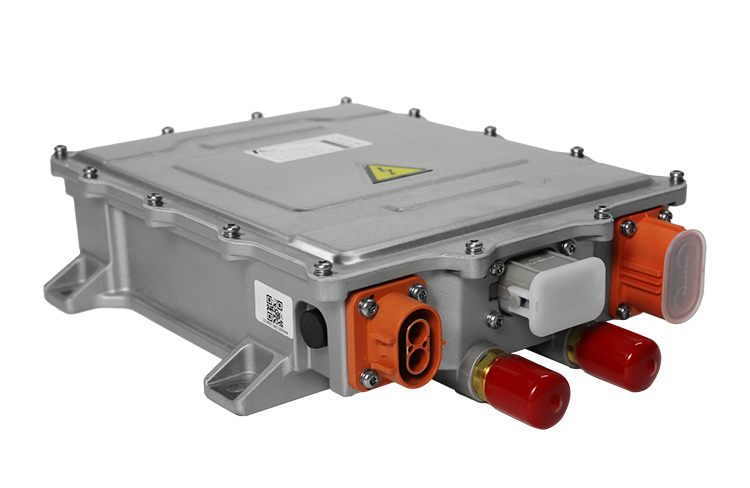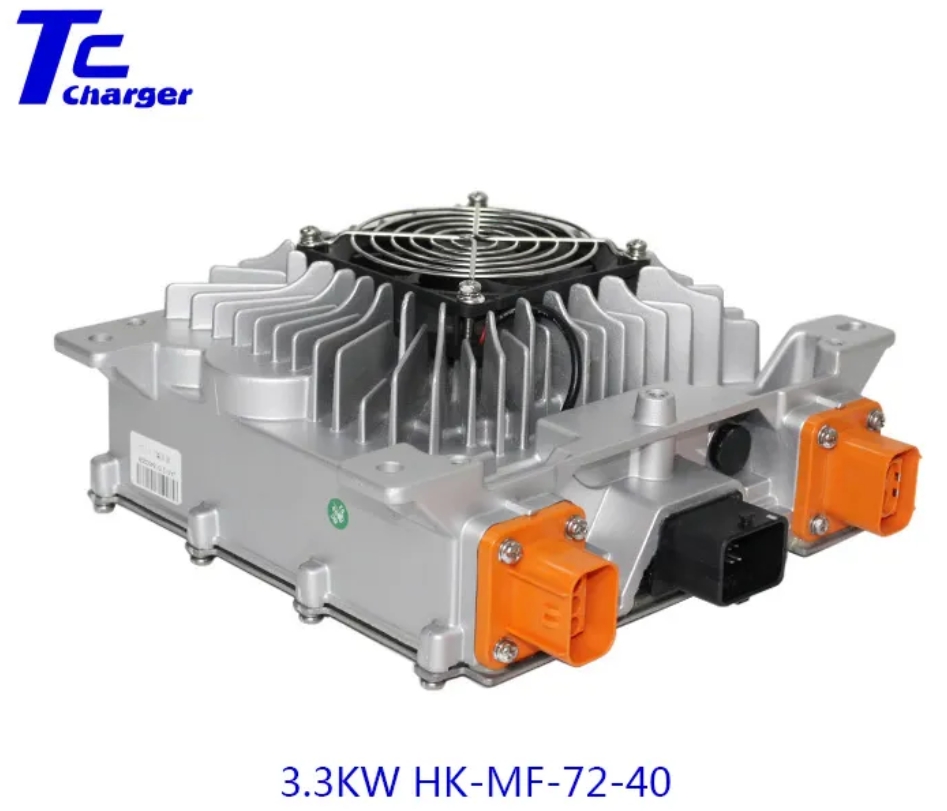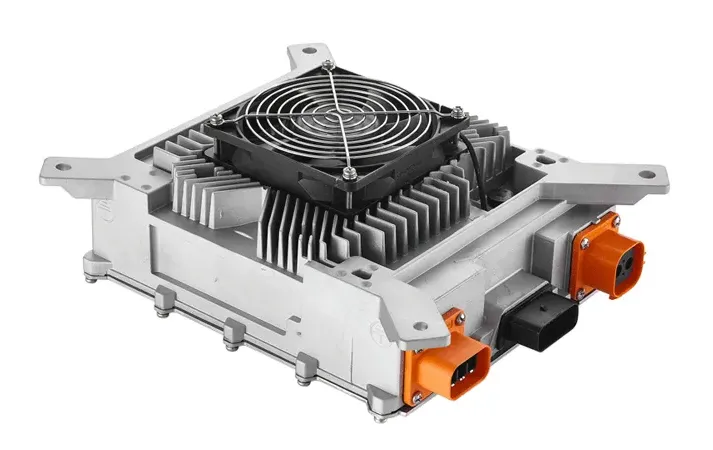Efficient and Intelligent Electric Vehicle Chargers: A Technological Marvel
Oct 07,2023 | TCcharger
Electric vehicles (EVs) have become an integral part of the modern transportation landscape, paving the way for a cleaner and more sustainable future. Alongside this revolution, advancements in charging technology are equally critical in ensuring the seamless adoption and usage of EVs. One key element in this transition is the development of efficient and intelligent electric vehicle chargers.
Maximizing Efficiency: The 95% Power Efficiency Benchmark
Efficiency is a fundamental factor in any charging system. The strive for up to 95% power efficiency in electric vehicle chargers ensures minimal energy wastage during the charging process. This efficiency not only benefits the environment but also reduces the cost of charging for EV owners.
Adapting to Global Power Standards: AC Input Voltage Flexibility
Electric grids vary across the world, and an electric vehicle charger must be versatile enough to handle different power inputs. Chargers designed to work within the wide input voltage range of AC90V to AC264V at 45-65 Hz cater to global requirements. This adaptability is crucial, considering the varying power standards in different regions.
Prolonging Battery Life: Intelligent Temperature Compensation
Battery longevity is a significant concern for EV owners. Intelligent temperature compensation functions integrated into chargers play a vital role in preventing battery damage due to overcharging or extreme temperature conditions. This feature significantly extends the lifespan of the battery, reducing long-term maintenance costs.
Unmatched Durability: Sealed and Water-Proof Design
Electric vehicle chargers face diverse environmental conditions, necessitating robust designs. A fully-sealed and water-proof charger with an IP67 protection rating ensures resilience against dust, water, and other environmental factors. This durability enhances the charger's longevity and reliability in various settings.
Ensuring Safety: Multi-Layered Protection
Safety is paramount in EV charging. Multiple safety features, including input over/under voltage and reverse polarity protection, output overcurrent/short circuit protection, and over-temperature protection, make these chargers highly secure. This multi-layered approach protects the charger, the vehicle, and the charging infrastructure.
Future-Ready and Adaptable: Flexibility in Battery Compatibility
Electric vehicle chargers should be adaptable to various battery types, including LiFePO4 and Lithium batteries. The flexibility and programmability in charging modes, along with options for Enable Control or CAN communication interface, ensure seamless integration with different battery systems and BMS for real-time communication.
Compact and Efficient Design: Size and Cooling Mechanism
The charger's compact design with dimensions of 198mm (length) x 244mm (width) x 95mm (height) and a weight of only 4.6 kg make it space-efficient and easily deployable. Efficient cooling mechanisms, employing enforced air cooling, guarantee optimal performance even in challenging thermal conditions.
In conclusion, the development of efficient and intelligent electric vehicle chargers is a significant milestone in the advancement of sustainable transportation. These chargers play a crucial role in enhancing EV adoption by providing efficient, safe, and adaptable charging solutions. With technology evolving rapidly, the future holds promise for even more efficient and innovative electric vehicle chargers, further accelerating the global transition towards sustainable mobility.




